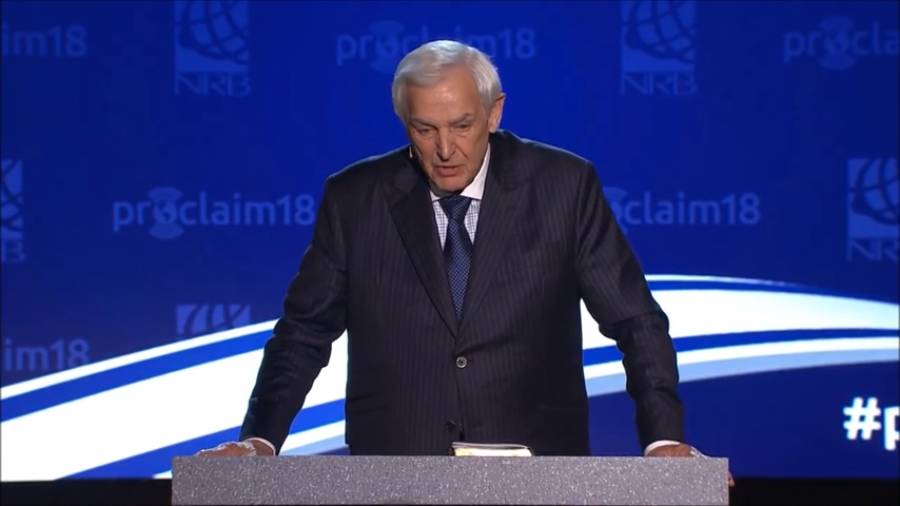

Dr. David Jeremiah Presents
Living inthe Ageof Signs
Online Destination

Living in the Age of Signs
Online Destination

How Can I...?
Today’s Audio Devotion:
How Can I...?
When we are given a difficult task, there is a fine line between “Glad to do it!” and “Do I really have to?” But one thing can make the difference: if the person giving the instruction says he will go with us.
It is human nature for us to resist a difficult task, especially one we have never done before. That was true in several instances in Scripture when God commissioned someone with a task. For example, when God directed Moses to go to Egypt to free the Hebrew slaves from bondage, Moses resisted the task. But God said to him, “I will certainly be with you” (Exodus 3:12). The same thing happened when God chose Gideon to defend Israel from the Midianites: “O my Lord, how can I save Israel?” And God’s answer to Gideon was the same as His answer to Moses: “Surely I will be with you” (Judges 6:14-16).
God asks us to do challenging things for Him every day: loving, forgiving, serving, encouraging, and more. Be assured that God is with you to make all things possible.
[God’s] presence never diminishes. Our awareness of His presence may falter, but the reality of His presence never changes.
Max Lucado
For Your Phone or Tablet
Official Mobile App and Lock Screens
Beyond the Promised Land
This is episode nine from The Account, an original Turning Point Television production that was created to introduce David Jeremiah's teaching series I Never Thought I'd See the Day! Its message remains relevant for us as we are Living in the Age of Signs.
The Account takes you back to the 1960's when the advertising agency of Wyndham Ridgestone landed the most mysterious client in the history of their firm. This shadowy and intimidating Client hires the firm to influence the masses—to sway the behavior of people toward a liberal mindset—to market a moral shift in American culture. The faceless and nameless Client presents ten issues to the advertising firm and employs it to create these morally destructive campaigns.












